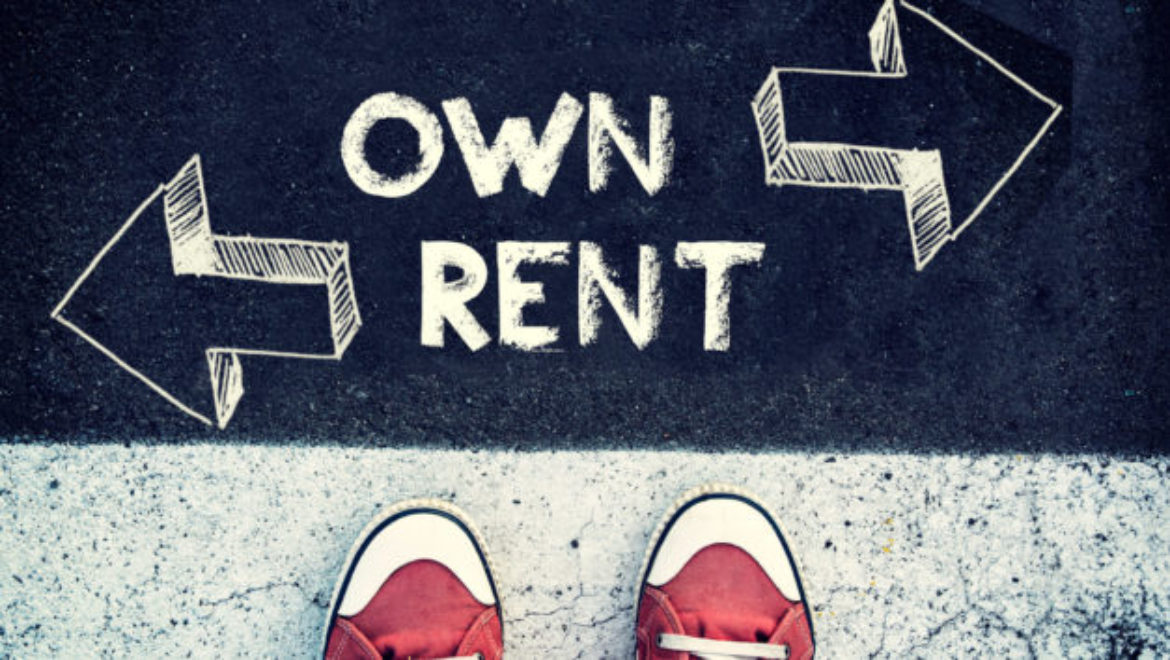
In his 2017 book Evicted, Matthew Desmond follows eight families in Milwaukee as they struggle to keep a roof over their heads. Its scenes of hope and loss remind us of the centrality of a stable home, without which nothing else is possible.
Having lived in Peoria for 20 years and managed residential real estate for the last 15 years, so much of his book rang true to me. The book follows families as they get evicted from their homes and the consequences on their own families, the landlords, and their community. He could’ve very easily written this book while following families in Peoria.
A person’s socio-economic status does not make them a good or bad person or tenant. Affordable areas of town do not necessarily mean they are bad. The biggest determining factor is stability. Stability helps crime. Stability helps schools and small businesses. Stability allows for high quality, meaningful lives. So how can we as a community do better in this area?
We all know what’s expected of a tenant – pay rent on time and take care of the property.
So what is the role of a rental owner and property managers in providing stable housing?
Rental owners must have the ability and willingness to maintain a property in a condition that will attract quality tenants. I appreciate the choice to invest money locally and not send it to a mutual fund in a far away city. But let’s have the proper view. It is a long-term investment. Housing is also a highly personal investment. As a community, we must put people over profits and consider how our investment is impacting the community as a whole.
Property managers must connect the right tenant with the right home. This is done through advertising and showing the property so that it is seen by as many people as possible. It also means screening tenants in a way that sets people up for success, not failure. Renting to a tenant that cannot afford the rent will inevitably result in high turnover, which is costly to everyone.
In Summary
A commitment to stable housing helps everyone in the community, from the bottom up.
Today, as was the case in the days of Jeremiah’s Jerusalem, many cities boast of their wisdom, power and wealth. We boast of our universities, our political seats of power, and our Fortune 500 companies.
My prayer is that my city – our city – in the words of that great prophet, “…boasts not of our wisdom, power, and wealth. But boasts instead of our steadfast love, justice and righteousness. For these are the things that please the Lord.”

